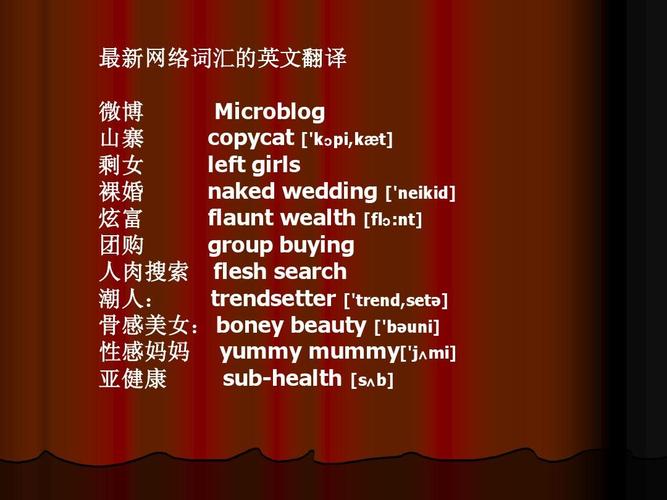Untranslatable
Language is a fascinating aspect of human culture, with each language offering unique words and expressions that may not have direct translations in other languages. One such concept is the idea of "untranslatable" words, which capture emotions, experiences, or cultural phenomena that may not have a direct equivalent in another language. In this case, "Untranslatable" is a word that itself can be considered untranslatable, as it conveys the idea of something that cannot be adequately expressed or captured in another language.
1. Saudade (Portuguese): A deep emotional state of nostalgic or profound longing for an absent something or someone that one cares for and may never see again. This word is often described as a complex mix of sadness, yearning, and love.
2. Gigil (Filipino): The irresistible urge to pinch or squeeze someone because they are loved or cherished. It is a feeling typically felt towards cute babies or animals.
3. Mamihlapinatapai (Yaghan): A wordless, meaningful look shared by two people who both desire to initiate something but are both reluctant to start.
Untranslatable words highlight the rich tapestry of human emotions and experiences that can vary across cultures. These words offer insights into the values, beliefs, and priorities of different societies, showcasing how language can shape our perceptions of the world. They also remind us of the limitations of language and the inherent gaps that exist when trying to convey certain feelings or ideas.
When encountering untranslatable words, translators face the challenge of conveying the essence of the word without a direct equivalent in the target language. In such cases, it is important to consider the cultural context and nuances surrounding the word to find the most appropriate translation or explanation.

Translators may choose to provide a brief description or use a combination of words to capture the essence of the untranslatable term. It is crucial to prioritize conveying the intended emotional impact or cultural significance of the word, even if an exact onetoone translation is not possible.
By recognizing and exploring untranslatable words, we gain a deeper understanding of the diversity of human experiences and the power of language to shape our perceptions of the world.











